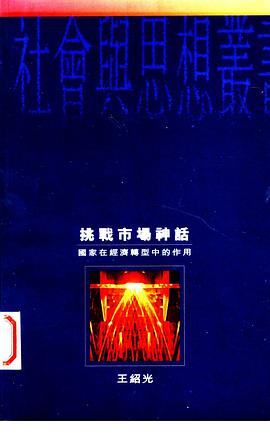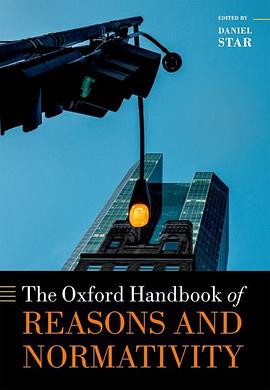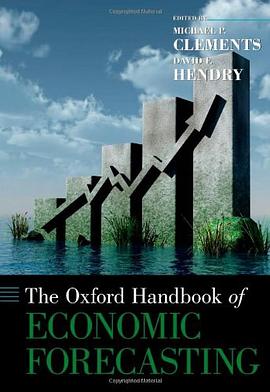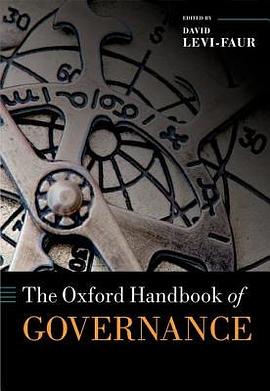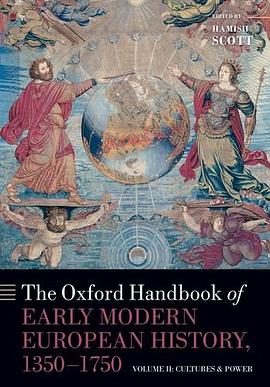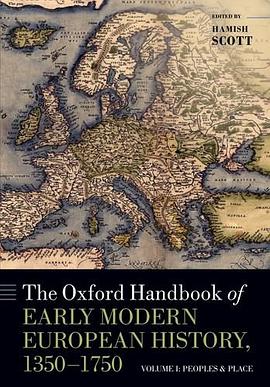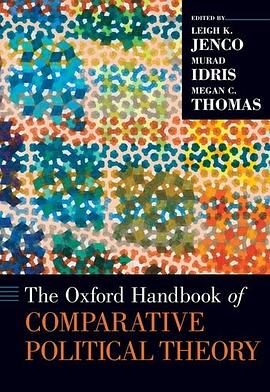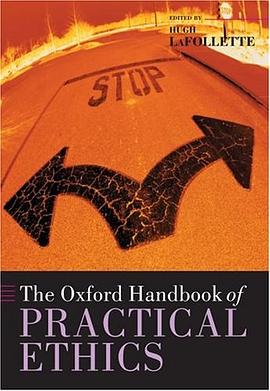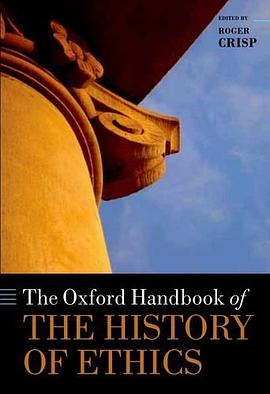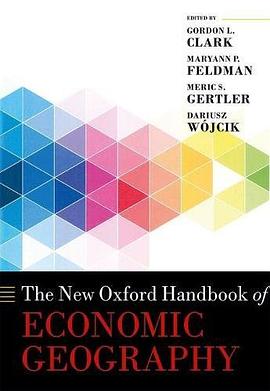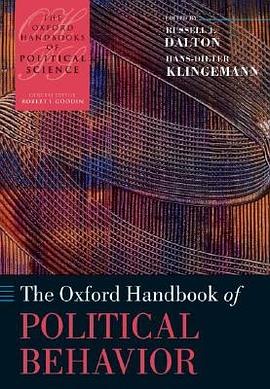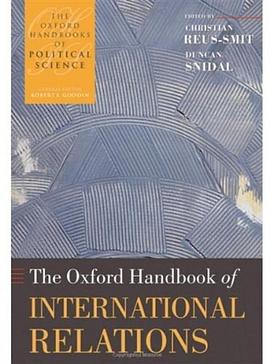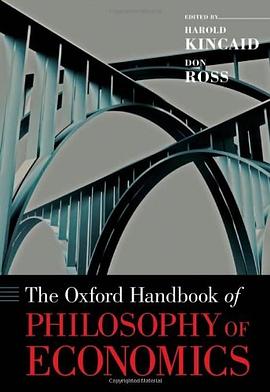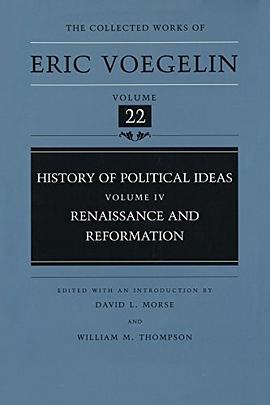

具体描述
By closely examining the sources, movements, and persons of the Renaissance and the Reformation, Voegelin reveals the roots of today's political ideologies in this fourth volume of his History of Political Ideas. This insightful study lays the groundwork for Voegelin's critique of the modern period and is essential to an understanding of his later analysis.
Voegelin identifies not one but two distinct beginnings of the movement toward modern political consciousness: the Renaissance and the Reformation. Historically, however, the powerful effects of the second have overshadowed the first. In this book, Voegelin carefully examines both periods and their presence in modern thought.
The Renaissance, represented by the works of Niccolò Machiavelli, Desiderius Erasmus, and Thomas More, is characterized by a struggle for balance. Machiavelli and Erasmus both looked to a virtuous prince to achieve order, one calling for brute force and the other for Christian spirituality to reach their goal. Also a participant in the first beginning of modernity, More was a complex thinker identified as a saint both of the church and of the communist movement. The issues he explored in Utopia, as Voegelin demonstrates, indirectly gave rise to concepts that have profoundly affected Western history: colonization, imperialism, national socialism, and communism.
Exploring the transition from the Renaissance to the Reformation is a brilliant chapter, "The People of God," which examines the sectarian movement. These pages contain the rich historical background that led to Voegelin's later conclusions about Gnosticism and its modern influences.
Voegelin offers a controversial view of the Reformation as well as the political and religious situation directly preceding it. Yet he sheds light on the strengths and inadequacies of its key figures, Martin Luther and John Calvin. The driving force behind the Reformation stemmed solely from the powerful personality of Luther. What began as an abstract, purely technical discussion developed into a full-blown revolt. Later in the period, Calvin confronted the problems left behind by Luther and endeavored to create his own universal church to supplant the Catholic Church. His theory of a new elite would have a distinct impact on history.
By examining the political ideas that first emerged during the Renaissance and Reformation, this fascinating volume provides a foundation for understanding the events of centuries to follow.
作者简介
About the Editors
David L. Morse is Senior Pastor of Monroeville United Methodist Church in Pennsylvania. He is also Adjunct Professor in the Theology Department at Duquesne University in Pittsburgh. He has written his doctoral dissertation on Eric Voegelin.
William M. Thompson is Professor of Systematic Theology at Duquesne University. He is the author or editor of numerous books, including Voegelin and the Theologian: Ten Essays in Interpretation.
About the Author
Eric Voegelin (1901-1985) was one of the most original and influential philosophers of our time. Born in Cologne, Germany, he studied at the University of Vienna, where he became a professor of political science in the Faculty of Law. In 1938, he and his wife, fleeing Hitler, emigrated to the United States. They became American citizens in 1944. Voegelin spent much of his career at Louisiana State University, the University of Munich, and the Hoover Institution at Stanford University. During his lifetime he published many books and more than one hundred articles. The Collected Works of Eric Voegelin will make available in a uniform edition all of Voegelin's major writings.
History of Political Ideas
Series Editor, Ellis Sandoz
I. Hellenism, Rome, and Early Christianity
Edited by Athanasios Moulakis
II. The Middle Ages to Aquinas
Edited by Peter von Sivers
III. The Later Middle Ages
Edited by David Walsh
IV. Renaissance and Reformation
Edited by David L. Morse and William M. Thompson
V. Religion and the Rise of Modernity
Edited by James L. Wiser
VI. Revolution and the New Science
Edited by Barry Cooper
VII. The New Order and Last Orientation
Edited by Jürgen Gebhardt and Thomas A. Hollweck
VIII. Crisis and the Apocalypse of Man
Edited by David Walsh
目录信息
1. The Order of Power: Machiavelli 31
§1. Biographical--Machiavelli and Guicciardini 32
§2. The Problems of the Age--The Trauma of 1494 34
§3. The Italian Tradition 38
a. Cardinal Albornoz
b. Coluccio Salutati
c. Humanistic Historiography
§4. The Asiatic Background 42
a. The Shadow of Asia
b. Poggio Bracciolini
c. The Vita Tamerlani
d. Conclusion
§5. The Vita di Castruccio Castracani 55
§6. The Discorsi 59
§7. The Principe 72
§8. Conclusion 82
2. The Order of Reason: Erasmus and More 88
§1. The Year 1516 89
§2. The Christianity of Erasmus 91
§3. The Ascetic Prince and the Vulgus 97
§4. The Range of Princely Asceticism 101
§5. Erasmus on War 104
§6. The Problem of Power 105
§7. Utopia and America 109
§8. Somewhere and Nowhere 113
§9. Pride and Property 119
§10. Utopian Warfare 125
3. The People of God 131
§1. Institution and Movement 131
§2. Periodization of the Movement 136
§3. The Range of the Movement 138
§4. Church and Sect 140
§5. Reform and Anticivilizational Effects 143
§6. A Glimpse of Sion's Glory 145
§7. The Social Structure of the Movement 148
§8. Eastern Influences on the Western Movement--Dionysius Areopagita 151
§9. The Ideas of the Movements 157
a. The Albigensians
b. Erigena
c. The Two Worlds
d. A Sermon by Thomas Collier
e. The Queries to Lord Fairfax
f. Activism and Nihilism
§10. The Free Spirit 177
a. State of the Problem
b. The Ortliebians
c. Beguinism桬ckhart
d. The Ninth Rock 桽tupor and Outburst
e. The Paracletes
f. Hieronymus Bosch
§11. Apollonian Imperium 201
a. Burdach's Conception of the Renaissance
b. Boniface VIII桾he Homo Spiritualis
c. Dante桰ntellect and Grace
d. Conclusion
Part Five. The Great Confusion
1. The Great Confusion I: Luther and Calvin 217
§1. Press and Public 218
§2. The Schism--The Disputation of Leipzig 220
§3. The Historicity of Symbols--Church and Transubstantiation 223
§4. The Ninety-Five Theses 228
§5. The Address to the Christian Nobility of the German Nation 231
§6. Justification through Faith 248
§7. Afterthoughts 260
§8. Calvin and Predestination 268
· · · · · · (收起)
读后感
评分
评分
评分
评分
用户评价
相关图书
本站所有内容均为互联网搜索引擎提供的公开搜索信息,本站不存储任何数据与内容,任何内容与数据均与本站无关,如有需要请联系相关搜索引擎包括但不限于百度,google,bing,sogou 等
© 2025 book.quotespace.org All Rights Reserved. 小美书屋 版权所有

